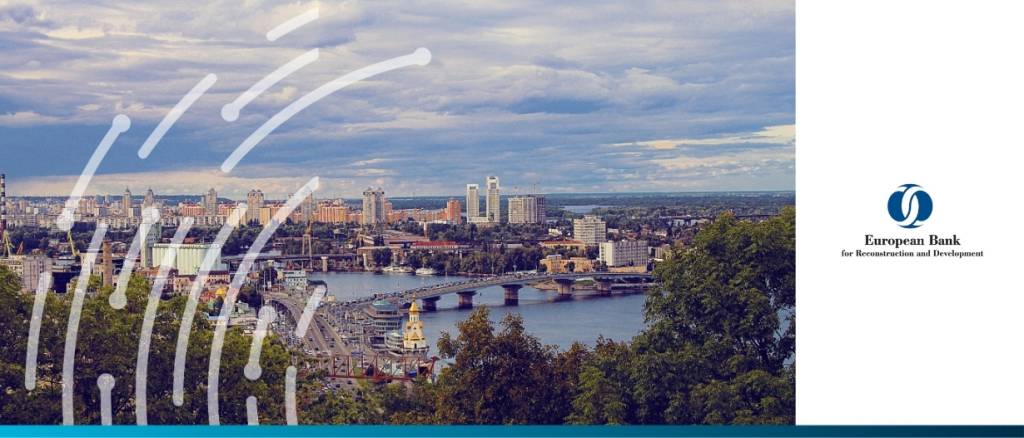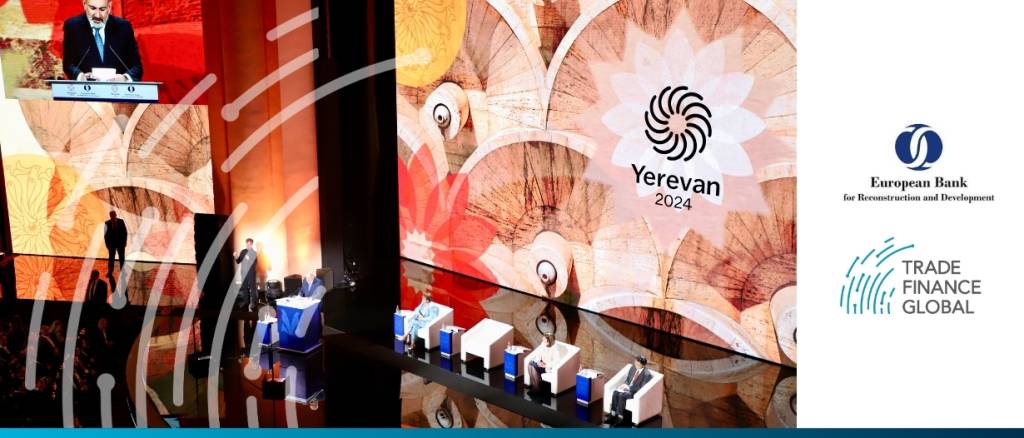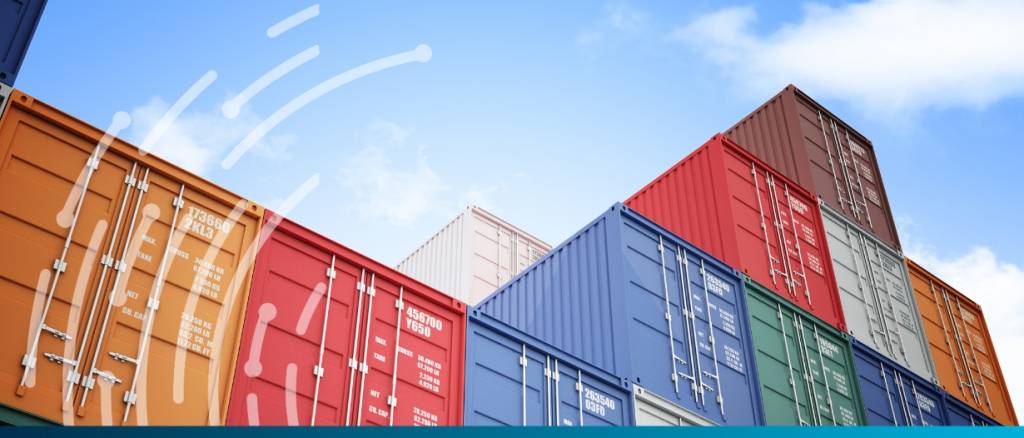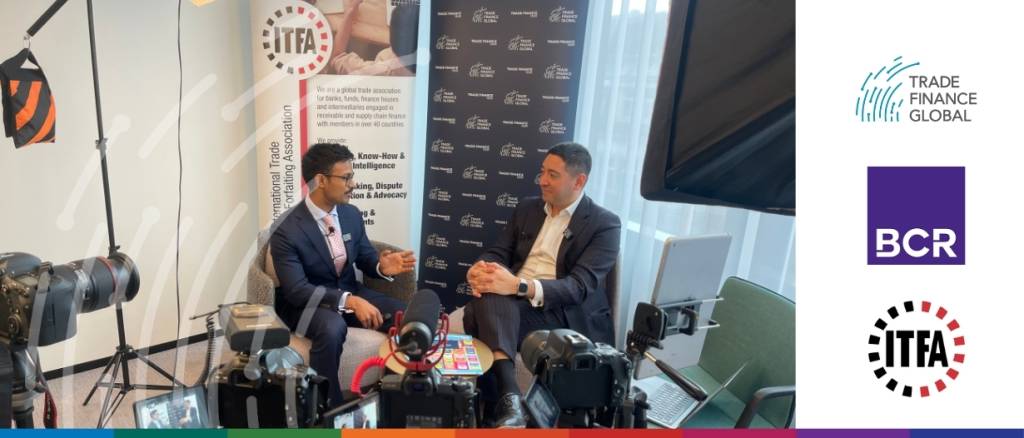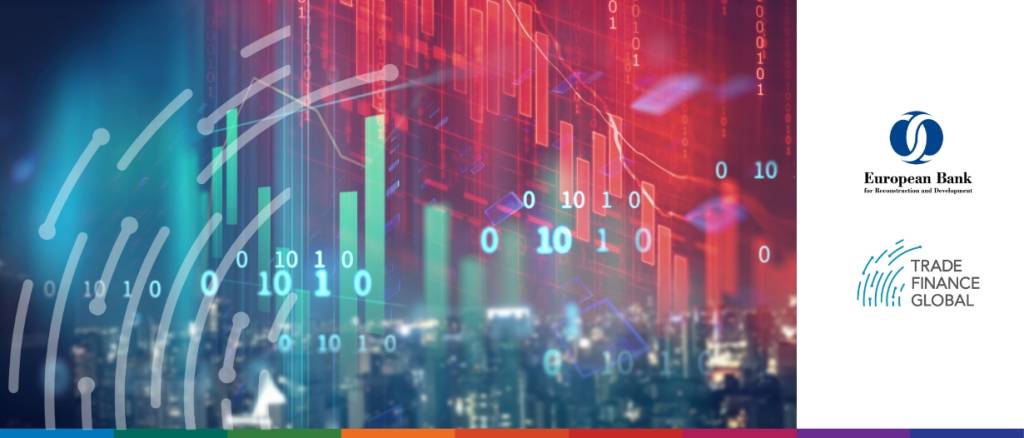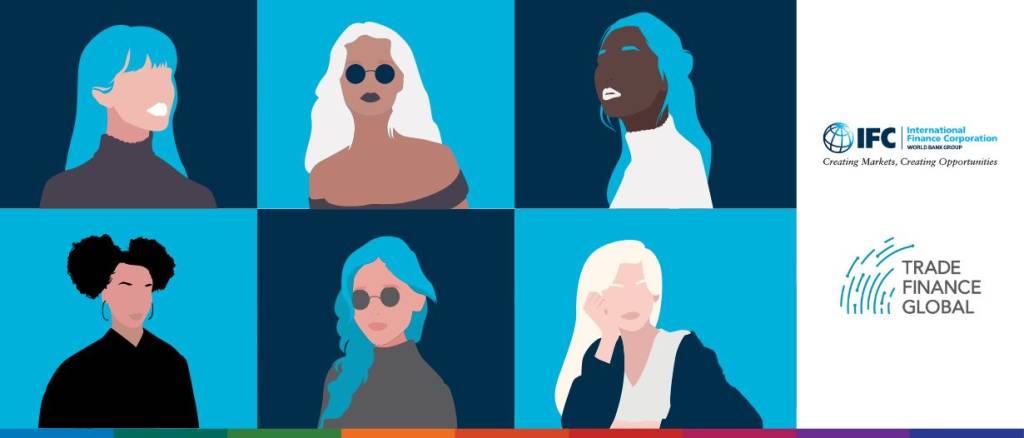The UK has completed its key step required for joining the Comprehensive and Progressive Agreement for Trans-Pacific Partnership (CPTPP) earlier than expected.
The European Bank for Reconstruction and Development (EBRD) is extending its support for Ukraine by establishing an unfunded portfolio risk-sharing facility with OTP Leasing.
EBRD President Odile Renaud-Basso said that the EBRD remains a pillar of stability in its regions amidst an increasingly fragmented & volatile world
Standard Chartered has announced the successful completion of Euro-denominated cross-border transactions between Hong Kong and Singapore, becoming the first Euro settlement bank to go live on Partior, the global unified ledger market infrastructure.
US President Joe Biden announced a series of tariff increases on various Chinese imports, including electric vehicles, computer chips, and medical products.
To discuss these aspects of the ETDA in detail and shed light on the digital trade transition for the industry, Paul Landless, Partner and Co-Head of the Technology Group, Clifford Chance, joined Deepesh Patel, Editorial Director, Trade Finance Global at the Trade and Investment Forum, organised by BCR in partnership with ITFA.
The EBRD serves a vital role in bolstering economic stability and growth within its regions, and the TFP is an integral part of achieving these goals.
IFC’s whitepaper, “Banking on Women Who Trade Across Borders”, highlights the need for gender equality in international trade & trade finance.
The expanded connectivity for TReDS providers means the global standard for privacy-preserving fraud prevention technology is now in India.
The EBRD is enhancing Palestinian export and import activities by allocating a $2 million trade finance line to the Arab Islamic Bank (AIB).















